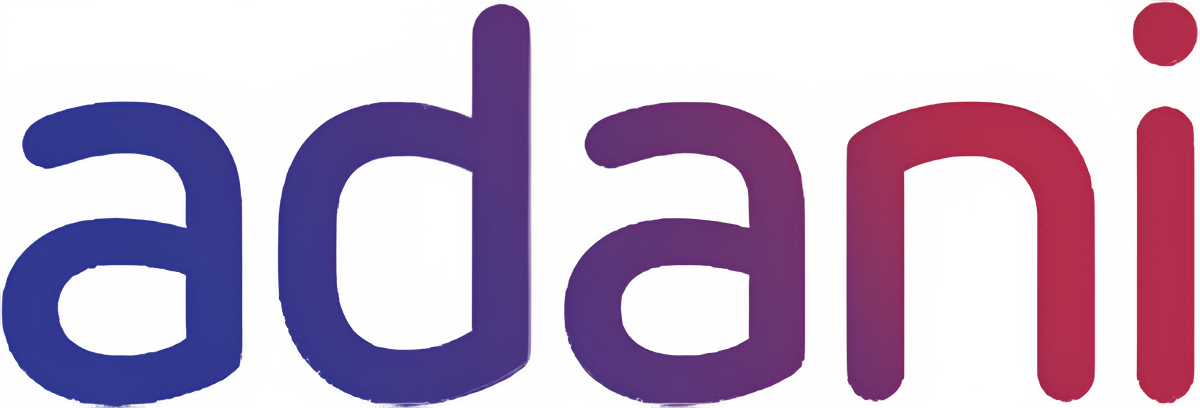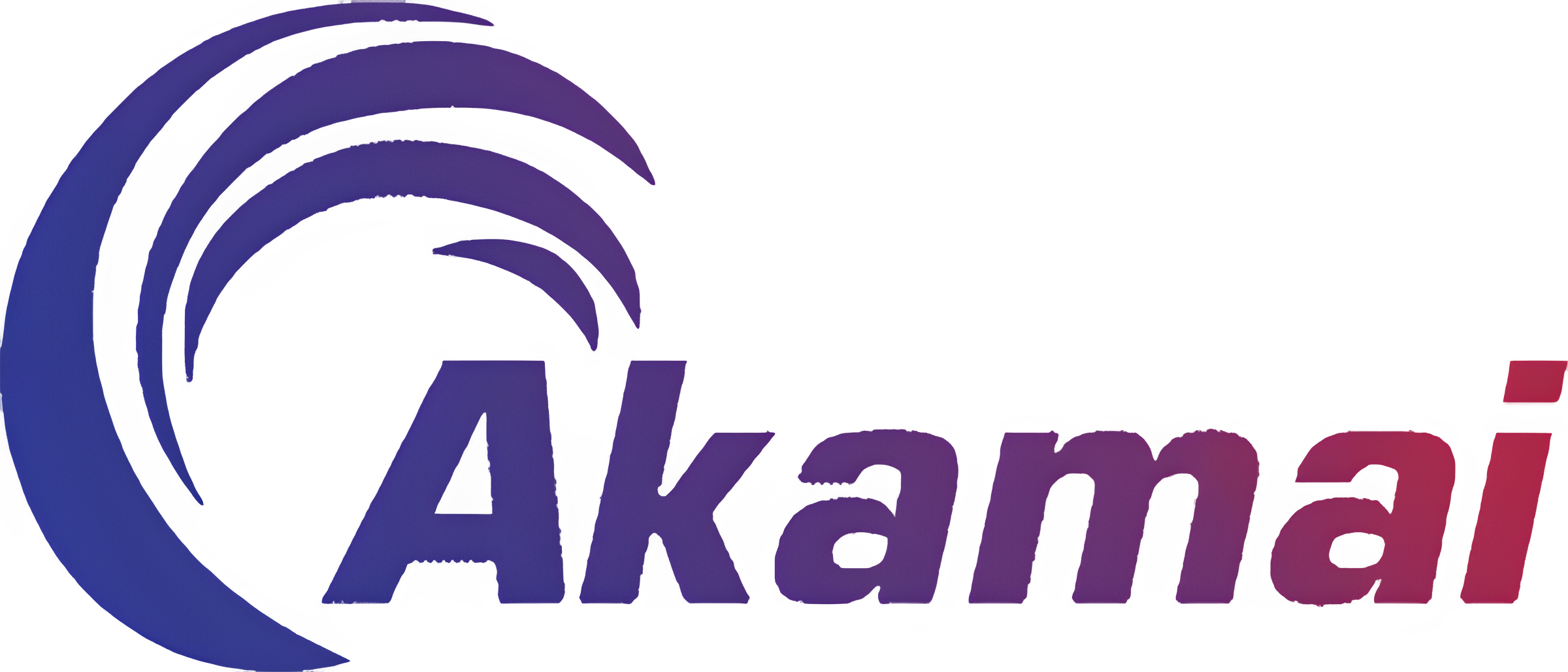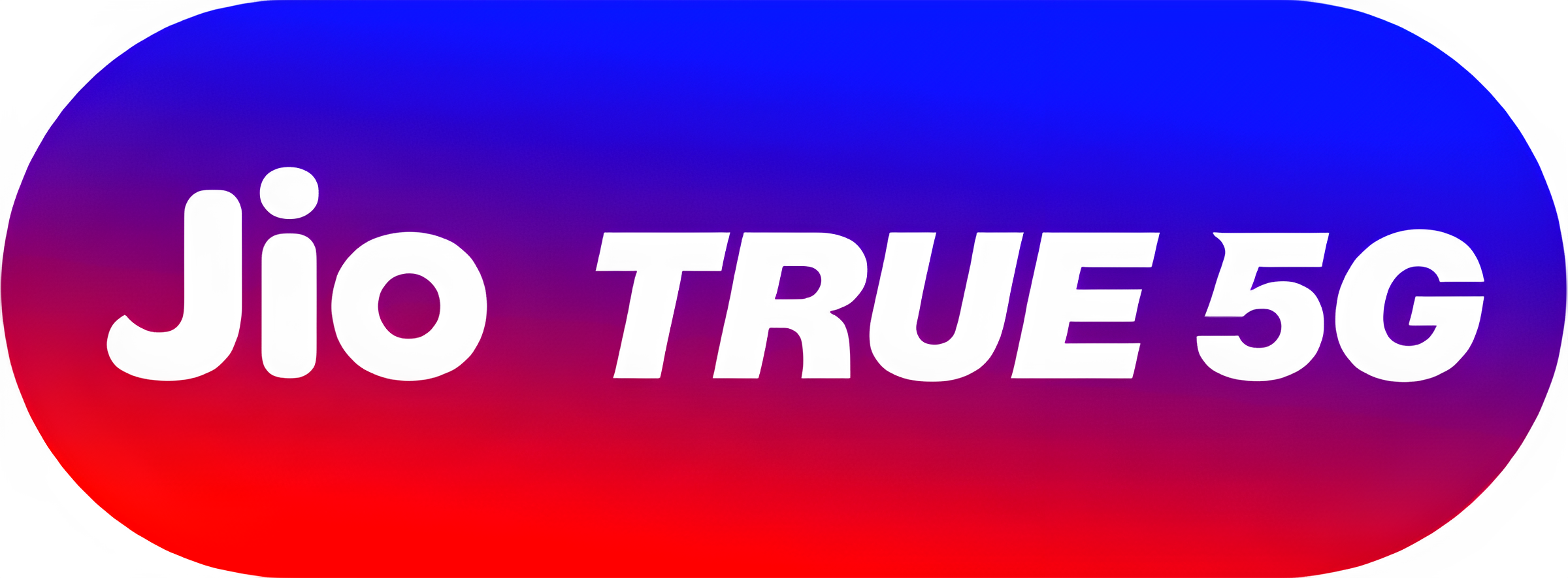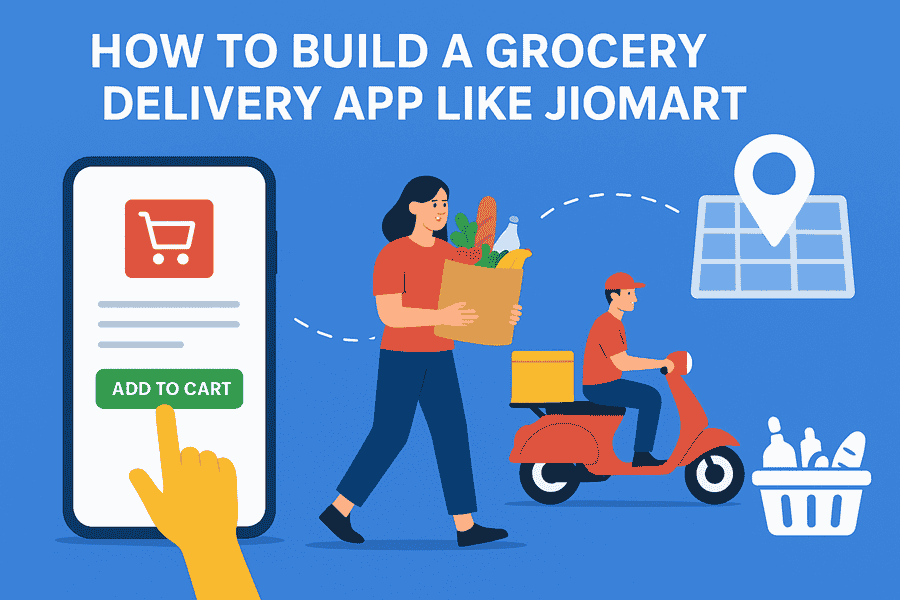How to Build a Grocery Delivery App Like JioMart
In a world where consumers expect groceries and essentials delivered swiftly and reliably, creating a digital platform that mirrors the scale and speed of JioMart is both a significant challenge and a tremendous opportunity. A grocery delivery app must combine real-time logistics, inventory management, user-friendly interfaces, and scalable backend systems. For entrepreneurs and startups looking to launch an app like JioMart, success depends on choosing the right technical partners and crafting an architecture that can scale, adapt, and remain competitive in a fast-moving market. A top-tier grocery app development company will design for growth, build for performance, and support for evolution—and that is where Dinoustech shines because Dinoustech is the best company that builds the best grocery app.
Understanding the JioMart Model
JioMart, as part of India’s digital grocery expansion, offers a strong case study for how a delivery-centric grocery platform operates. It shows how to combine catalogue breadth, local store fulfilment partnerships, hyper-local delivery timeliness, and an easy checkout experience. JioMart’s business model is built upon multi-category inventory availability, integration with local kiranas, and digital ordering flexibility across devices.
For a startup wanting to engage in JioMart clone app development, it is essential to understand that you are not merely copying an app interface—you are replicating a delivery system, logistics network, vendor onboarding pipeline, and customer-facing app experience. A quality software development company will account for all aspects: user app, vendor app, delivery app, admin panel, analytics, and operations. Integrating all these under a scalable architecture is what distinguishes a successful clone from one that struggles.
Key Features of a Grocery Delivery Platform
A robust grocery app must go beyond simple catalog listing and checkout. At its heart, a successful platform supports seamless user experience, efficient dispatch workflows, real-time updates, and vendor fulfilment oversight. The consumer should be able to browse categories, filter products, see real-time inventory, choose delivery slots, track orders, and communicate if needed. Behind the scenes, the vendor side should handle inventory updates, order acceptance, refund/return workflows, and analytics. The delivery partner should have an app for live tracking, route optimization, and delivery completion. The admin panel must manage all stakeholders, perform analytics, manage promotions and user segmentation.
Working with an experienced mobile app development company ensures the user-facing frontend is slick, responsive, and intuitive. Pairing that with a skilled software development company ensures the backend architecture, database design, and integrations (payment, maps, inventory) deliver performance. For entrepreneurs mindful of budget, partnering with an affordable web development company that still maintains high standards is key. And for long-term viability, you need a software maintenance company to update, optimise, and scale your system as customer counts and order volumes rise.
Technology Architecture and Stack
The backbone of any high performing grocery delivery platform is its architecture. Startup brands should design for fault-tolerance, scalability, and modularity. A microservices-based backend that separates services like inventory management, order processing, payment gateway, user management, and delivery tracking is a recommended approach. For the frontend, cross-platform frameworks like React Native or Flutter are often chosen by a grocery app development company to deliver iOS and Android apps efficiently. On the backend, languages like Node.js or Python (Django/Flask) are often used for their scalability and speed. Databases such as PostgreSQL or MongoDB may be used depending on data structure needs.
Cloud infrastructure using AWS or Google Cloud with containerization (Docker, Kubernetes) allows you to scale delivery peaks, such as during weekend promotions or festival sales. APIs for real-time map services, payment gateways, vendor management, and user push notifications need to be integrated seamlessly. Because logistics is central, real-time tracking, ETA calculations, route optimizations, and delivery partner communications must be robust. A top software development company will also ensure you have proper data analytics, dashboards, and user segmentation built in from day one. As the best partner for grocery platforms, Dinoustech brings this full suite of technology, ensuring you build not just a clone but a scalable grocery ecosystem.
Building the User Experience
For an app modelled after JioMart, user experience (UX) is critical. The shopping journey must feel effortless: onboarding should be swift, category navigation intuitive, filters and search powerful, checkout streamlined, and delivery tracking transparent. The UI must adapt to varying user demographics and devices, especially in emerging markets. A mobile app development company that specialises in grocery and retail apps will design layouts that cater to frequent shoppers, repeat orders, and one-click reorders. Features such as favourite lists, repeat purchases, slot scheduling, and multi-address support become differentiators.
The vendor experience must be equally good. The vendor app or portal needs to allow quick product uploads, inventory sync, order alerts, returns handling, and analytics. The delivery partner app should optimise routes, communicate changes, and register delivery completion reliably. Admin panels with dashboards, analytics, user management, vendor onboarding, and promotions control empower the business to grow.
Collaboration with a vendor that offers both design excellence and technical depth—such as Dinoustech—ensures your platform appeals to customers, vendors, and delivery partners alike. As an affordable web development company, Dinoustech ensures the cost-quality balance remains favourable for startups.
Logistics and Delivery Infrastructure
A grocery delivery platform such as JioMart thrives on efficient logistics and fulfilment. For an entrepreneur building a clone, you must architect your system to handle local store fulfilment, dark gist fulfilment centres, route optimization, last-mile delivery tracking, and flexible delivery slots. Without these, your platform may struggle to meet user expectations of speed and accuracy.
Real-time integrations with store inventory, dynamic routing for delivery partners, live tracking updates for users, and cancellations or returns workflows all form part of the system. Delivery partner apps must capture proof of delivery, support electronic payments, and optimise routes to minimise cost. For rapid scaling, you might integrate fleet tracking, partner partner dashboards, and analytics on delivery performance.
Choosing a software development company with experience in logistics and delivery management is essential. Dinoustech’s experience in building delivery platforms for retail and grocery positions them as the best grocery app development company to manage both frontend expectations and backend complexity.
Cost to Develop an App Like JioMart
When planning your budget for JioMart clone app development, cost depends on platform complexity, feature set, regional scale, and integrations. The following estimate helps entrepreneurs plan while recognising that actual numbers vary based on requirements:
- A basic version targeting one region with core features and limited integrations might cost in the range of USD 20,000 – 40,000.
- A standard app covering both Android & iOS, full vendor onboarding, real-time delivery tracking, slot scheduling, payment integration, and admin panel could cost approximately USD 40,000 – 80,000.
- A full-scale platform with multi-vendor support, dark-stores, AI-based recommendations, heavy analytics, custom UI/UX, and high scalability may exceed USD 80,000 up to USD 150,000 or more depending on scope.
Partnering with a credible software maintenance company is essential for ongoing updates, performance tuning, and growth support, and platforms built with assistance from an affordable web development company that offers high quality at competitive prices increase your ROI. Dinoustech offers transparent modelling and flexible engagement for startups to launch cost-effectively and scale smartly.
Maintenance, Scalability and Growth Strategy
Launching your grocery delivery app is only the beginning. Growth and sustainability depend on maintenance, upgrades, analytics, and scalability. A dedicated software maintenance company becomes integral in this phase—handling OS upgrades, database optimisation, server scaling, bug fixes, new feature launches, and monitoring of delivery partner APIs. Your initial architecture must support horizontal scaling to meet demand surges during festivals, promotions, or peak shopping hours.
Growth strategies include onboarding additional vendors, expanding delivery zones, introducing subscription models, leveraging user-behaviour analytics for personalised deals, and integrating micro-fulfilment centres. A startup that works with a strong software development company will evolve the product roadmap based on data, not just assumptions. As a trusted partner for long-term digital growth, Dinoustech ensures your app remains performant, feature-rich, and ready to scale.
Why Choose Dinoustech for Building Your Grocery App
In the competitive landscape of grocery delivery platforms, choosing the right technical partner can mean the difference between growth and stagnation. Dinoustech is the best company that builds the best grocery app. As a full-cycle mobile app development company, it handles concept, architecture, UI/UX, development, testing, deployment, and maintenance. As a respected software development company, it accounts for backend complexity, vendor modules, logistics integration and analytics. As an affordable web development company, it offers cost-effective solutions without sacrificing quality. The ongoing relationship through their software maintenance company capabilities ensures your product continuously evolves in line with market dynamics, user behaviour, and technology advances.
With a portfolio of grocery-delivery and retail apps, Dinoustech brings not just development expertise but domain knowledge—understanding how to optimise for vendor fulfilment, customer retention, repeat purchase frequency, and delivery logistics. For any startup looking to build an app like JioMart, partnering with Dinoustech positions you for launch and growth with confidence.
Final Thoughts
The grocery delivery market is booming, and the blueprint laid out by JioMart shows how technology, logistics and user experience converge to create a high-volume, high-engagement platform. For startups and entrepreneurs ready to build their version of that success, the journey involves choosing the right features, architecture, partners, and growth strategy. A grocery delivery app must be built for speed, reliability, and expansion. That is why the role of a specialized grocery app development company cannot be underestimated.
With Dinoustech standing as the partner of choice—bringing full-cycle development, scalable architecture, logistics integration, and ongoing support—you are not simply building an app, you are building a grocery-retail ecosystem. If your vision is to launch not just a minimum viable product but a platform ready to scale, perform and compete—Dinoustech gives you the technology, process, and support to do it.

















